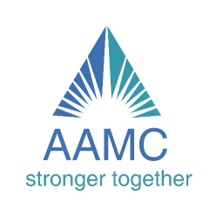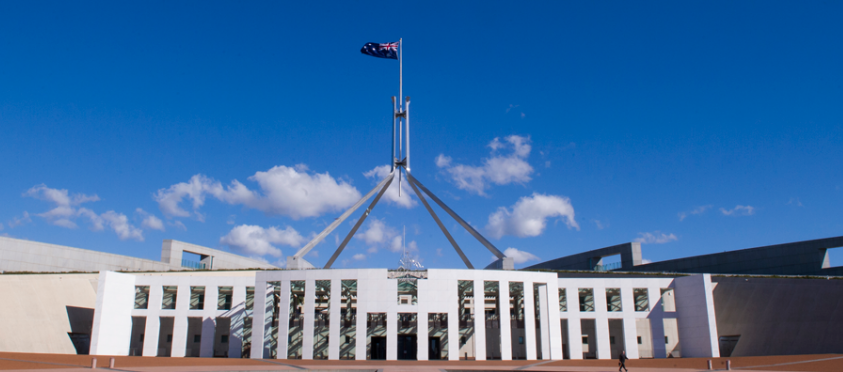The Australian Medicinal Cannabis Alliance has been renamed as the industry embarks on a new era of collaborative and cohesive lobbying.
It will be rebranded the Australian Alliance for Medicinal Cannabis (AAMC) in a move to avoid confusion with Australian Medicinal Cannabis Association which shares the same acronym, AMCA.

The alliance, which brings together major stakeholders from across the industry – including AMCA and Medicinal Cannabis Industry Australia – has also unveiled a new logo to reflect the fresh, unified approach.
The alliance will meet twice a year.
“We hope the new organisation will continue to bring together representatives from across the medicinal cannabis sector to speak with one voice to key decision makers,” said alliance co-founder Lucy Haslam.
“At each meeting, key issues will be discussed, and potential solutions found, to take to Federal and State governments, the Council of Australian Governments (COAG) and other institutions such as the Royal Australian College of General Practitioners (RACGP), the Australian Medical Association (AMA) and relevant specialist colleges.”
The name change was approved by senior executives and industry bodies who gathered last month to discuss the major issues confronting the industry. It was the first such gathering since the original alliance met in 2018.
Along with agreeing to the name change, the alliance also mapped out its priority issues to take to the government and key institutions.
On driving laws, lobbying efforts will focus on bringing cannabis in line with other narcotics, such as opioids and benzodiazepines, which are excluded from roadside drug testing.
Drive Change and AMCA will push for a meeting with the police and the health minister to discuss the issue.

Further reducing bureaucracy by streamlining the issuing of licences and permits is also on the agenda, while the AAMC will seek talks with the Medicinal Cannabis Advisory Committee over the Compass compassionate access scheme in addition to seeking support from the Parliamentary Friends of Medicinal Cannabis.
Measures to support the industry more generally will involve lobbying the Government, Therapeutic Goods Administration and the Office of Drug Control (ODC) to “further reduce the significant regulatory burden on the industry” and to seek further rescheduling of CBD and THC.
“A specific recommendation that gained support was that, after two years of CBD being available as an S3, and after reporting by the Adverse Drug Reaction Advisory Committee, an investigation into the safety of down scheduling CBD from S3 to S2, or unscheduled altogether should be requested,” AMCA general manager Gail Wiseman said.
“This would include medicinal cannabis being able to be dispensed by suitably qualified complementary medicine practitioners such as herbalists or naturopaths with appropriate completion of MC training.”
Consideration of down-scheduling to S4 of any cannabinoids that are not deemed a significant public health risk should also be sought, she said.
AAMC will also back a move to develop a code of conduct for prescribers, clinics and industry with “clear standards and guidelines” to ensure appropriate care for patients.
Convincing the Department of Health and Department of Veteran Affairs to allow PTSD sufferers to access subsidised medicinal cannabis is also an active ambition while the alliance will argue people who can prove they need cannabis for health reasons should be exempt from prosecution.
AAMC will also step up efforts to educate health care practitioners and will press for medicinal cannabis to be included in undergraduate courses.

Haslam said there was also widespread support to work with specialist colleges other than RACGP/AMA “reflecting the lack of action from both of these organisations to date”.
She added: “Despite much progress since the first Alliance meeting, the amount of work still to be done in the medicinal cannabis sector is evident.
“However, with the priorities now becoming clearer, the significant amount of expertise and enthusiasm within the AAMC, and a new government keen to show it means business, we are hopeful of seeing significant change over the next couple of years.”

